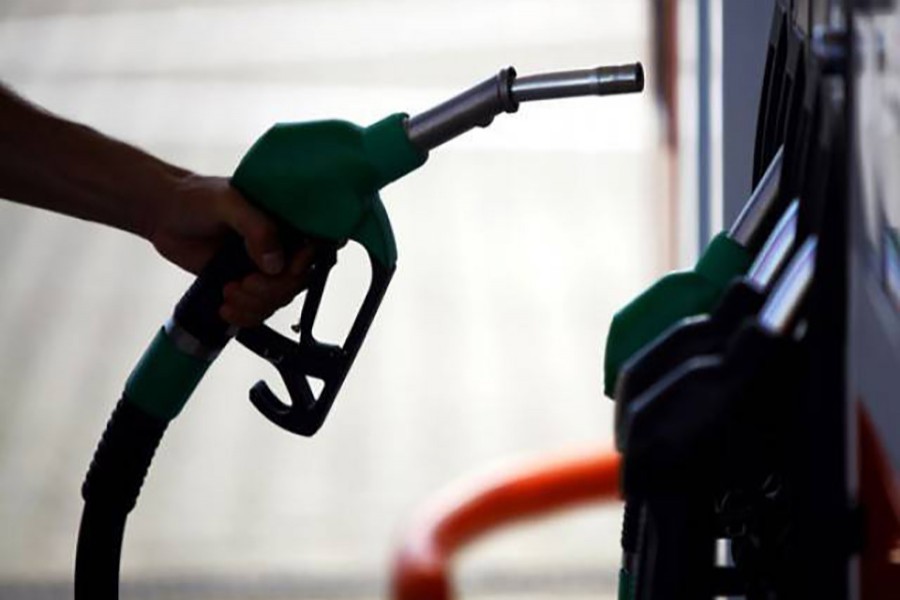When price of soybean oil was raised by Tk 4.0 a litre in the first week of September and then by Tk 7.0 in the third week of October last, there was no protest despite seething resentment among the public. These raises were on top of the increase by Tk 9.0 of this cooking oil registered at the end of May this year. Now a litre of soybean oil costs Tk 160 which was Tk 140 before the May rise.
Now consider the latest diesel and kerosene price hike and its fallouts. Already the transportation system of the country has been brought to a halt. In the absence of transportation of goods, particularly perishable items, prices of vegetables have been galloping and on the other hand, farmers are counting losses. Now what is responsible for the different responses to the hikes of cooking oil and fuel oils?
Of the various kinds of cooking oil, palm oil and soybean oil are cheaper compared with others. So these two varieties are used by the largest section of the population, including the poor. Yet there was no protest except a few isolated statements and irate posts on social sites.
But diesel or kerosene is used by transport operators in running their vehicles and farmers in the operation of their power tillers and irrigation pumps. Kerosene users live on the fringe of society and they do not have the organising ability to bring any system to a halt.
It is the organising muscle power of the transport operators that has challenged the wisdom of raising diesel price by Tk 15 a litre at a time. They indeed have a point too. Even the price of cooking oil was raised at three stages by a total of Tk 20 from May last. The poor and others affected by the coronavirus-induced economic recession were the worst hit and before they could recover from the economic shock, the two-pronged price hikes of fossil fuel oil and vegetable seed oil have simply sent the vulnerable reeling.
That the authorities were unaware of the subsequent repercussions of this decision is unbelievable. The transport operators could enforce a countrywide strike because they are organised. However, the low-paid among them who work as daily wage earners cannot afford the luxury of a single day's income loss. But they have no choice but to comply with the decision of their leaders in the transport sector. During the pandemic, leaders or owners of transports did not stand by them. They had to fend for themselves. It is a most tricky situation now for them.
With the launches and cargoes joining the fray, movement of both passengers and goods across the country has been limited to the minimum. Its economic impacts and people's sufferings will be incalculable. But the authorities could avoid this fracas had they been mindful of the post-pandemic urgency of relaxing the pressure on the poor and low-income people. Stimulus packages have been distributed among the well-off section but the poor and the vulnerable have received no such largesse. Notably, petrol price has not been raised and now the difference of prices of these two fuel oils is Tk6.0 with petrol at Tk 86 a litre.
This is where it not only hurts but also makes a poor commentary of the authorities' concern for those who need socio-economic justice the most, right at this moment. Also it is an ill-directed plan from the administrative point of view. Instead of adjusting the domestic price with the rising international price of fuel oils at a time they could go for, say, a raise of Tk 5.0 a litre and delay another raise for months when economic recovery would have been noticeable.
But at a time of market volatility, this will make the matter even worse. Signs are clear everywhere. Also the Bangladesh Petroleum Corporation (BPC) has reportedly made a profit of about Tk 500 billion over the years, including the pandemic period, when oil prices were at their lowest. It did not lower the price then. It could surely subsidise oil now from its earlier income. A review of the decision can avoid further turmoil.


